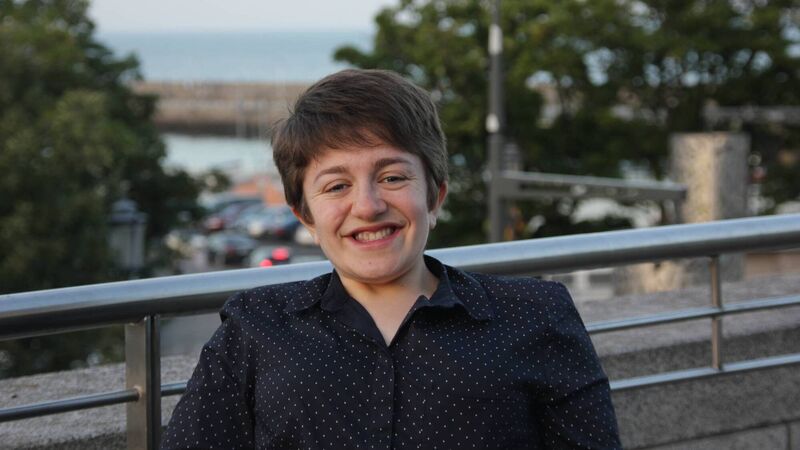'Lockdown has not ended for us — we're being left behind'

Amy Hassett, co-director of Disabled Women Ireland, said the return to the workplace could have been done in a manner that offered disabled people the chance to work and study remotely.
Most of us are still revelling in the easing of Covid-19 measures, but for a large portion of the population, the lifting of restrictions has been a significant source of anxiety.
For those with a disability or deemed to be at high risk from Covid, the rush to ‘return to normal’ has made them feel even more overlooked than before, fearing they've been left behind without the public health measures required to keep them safe.










